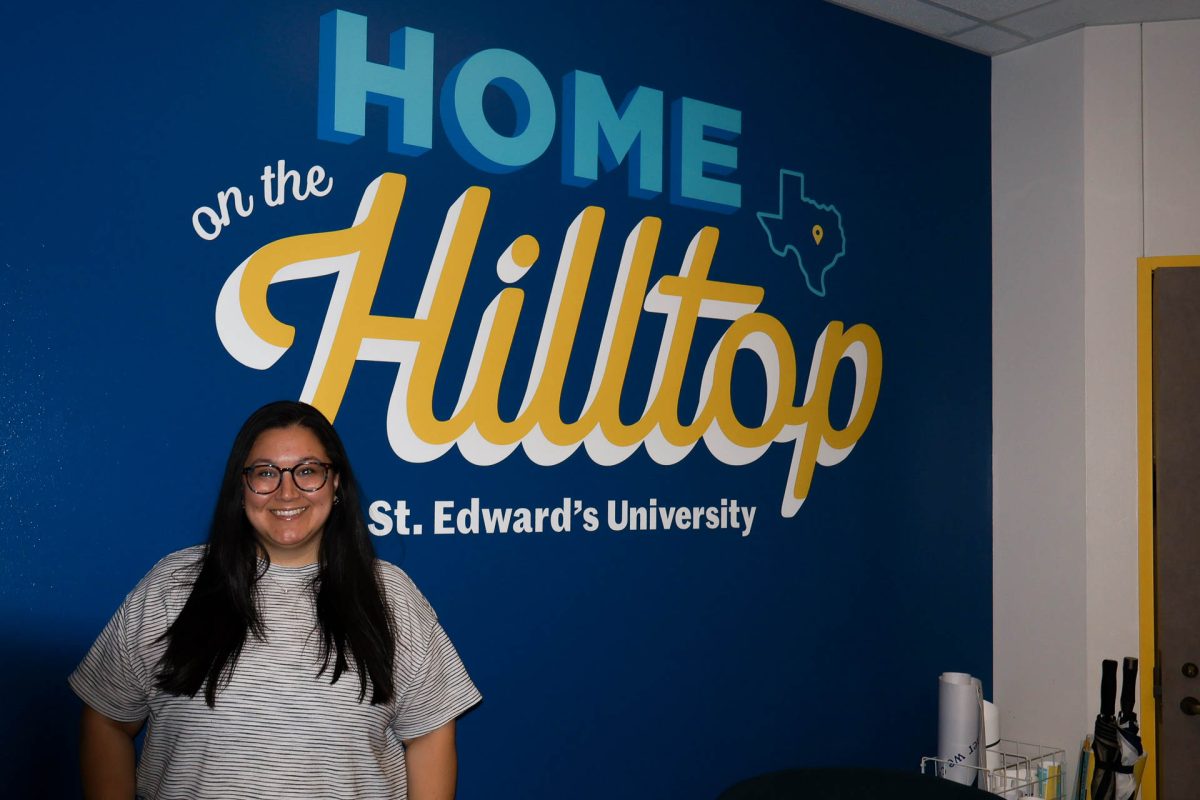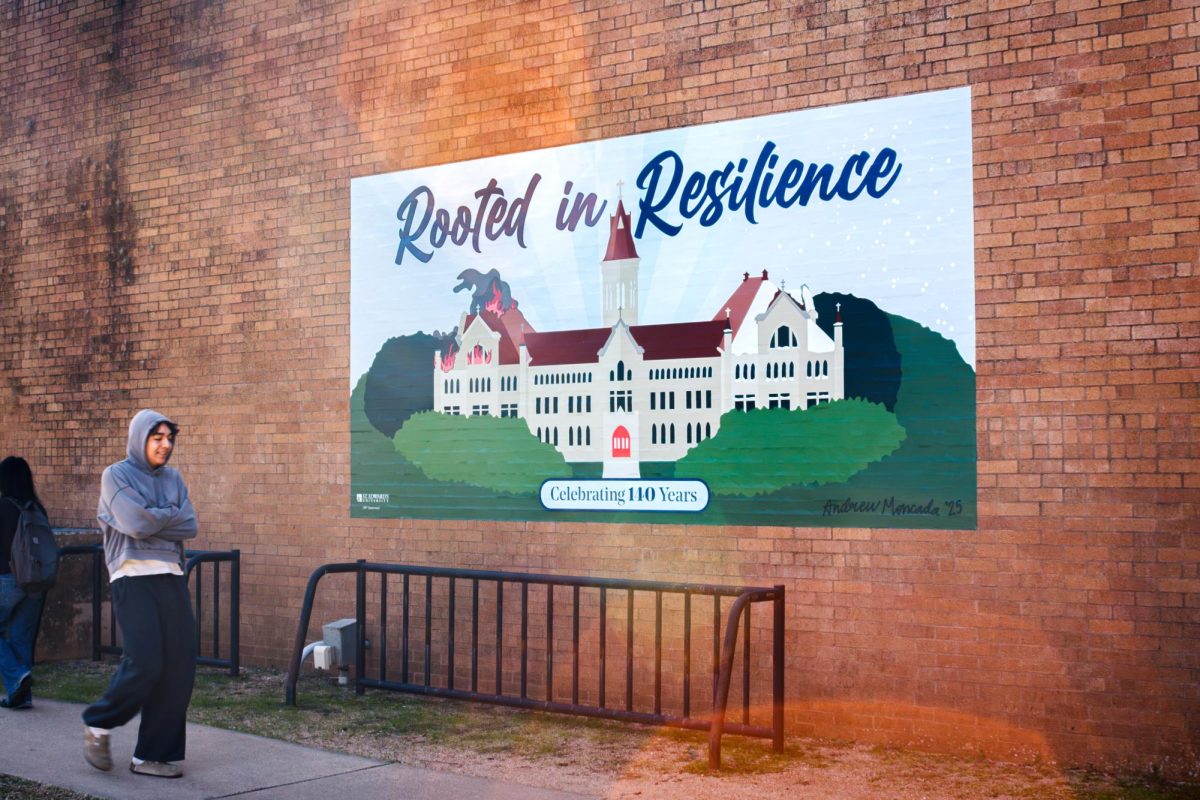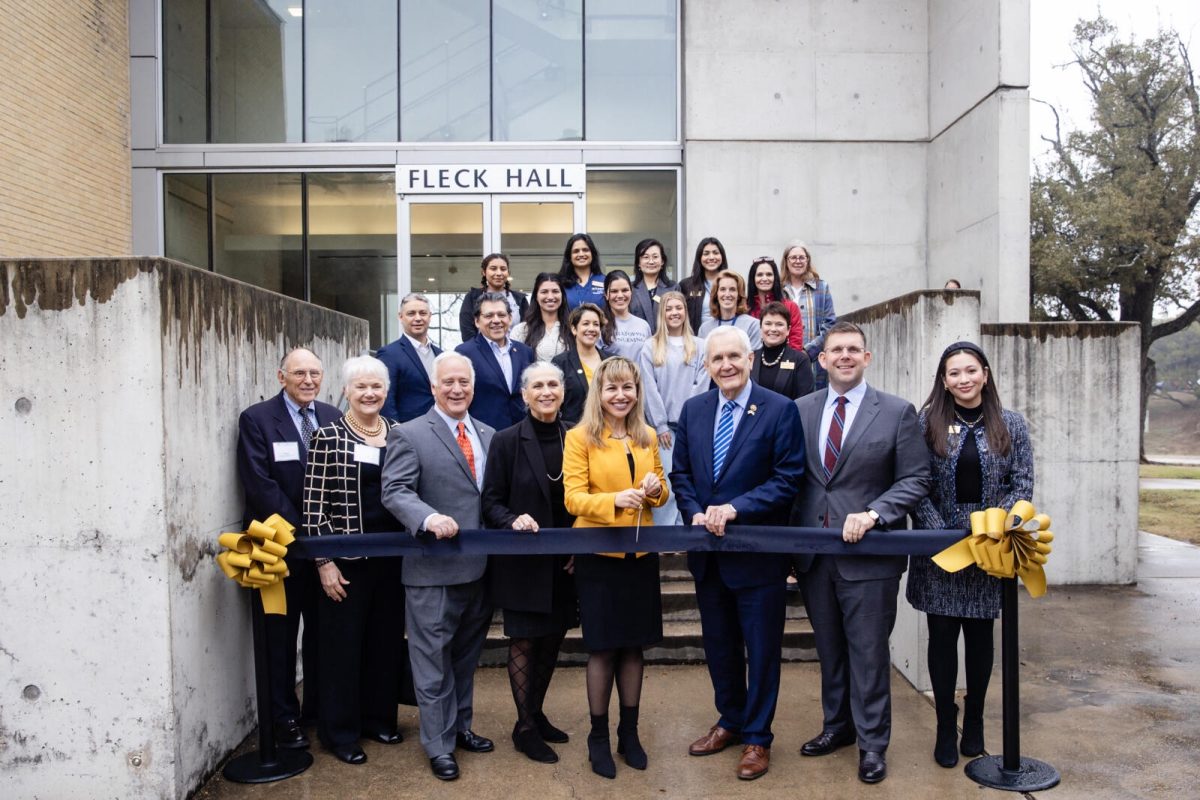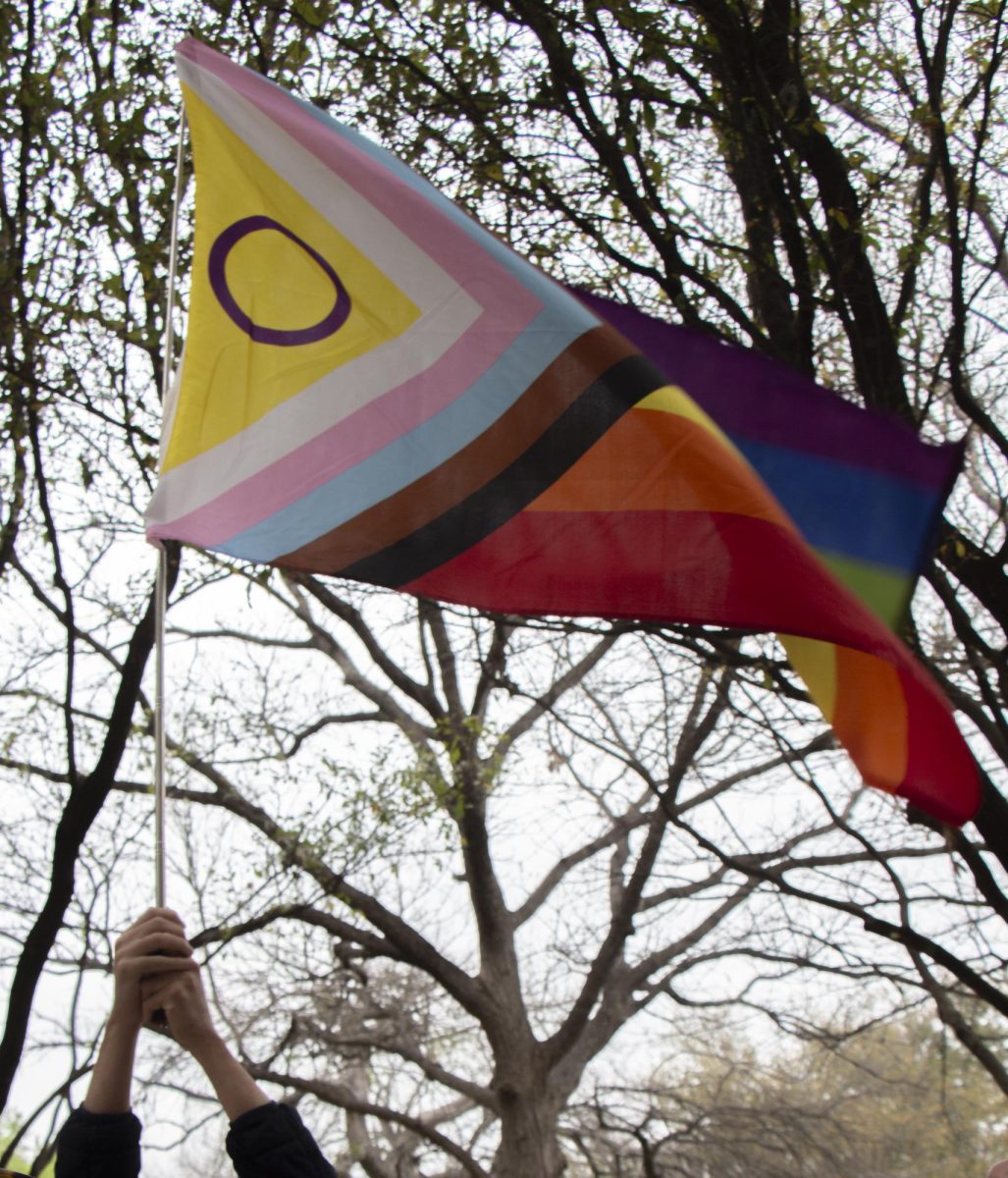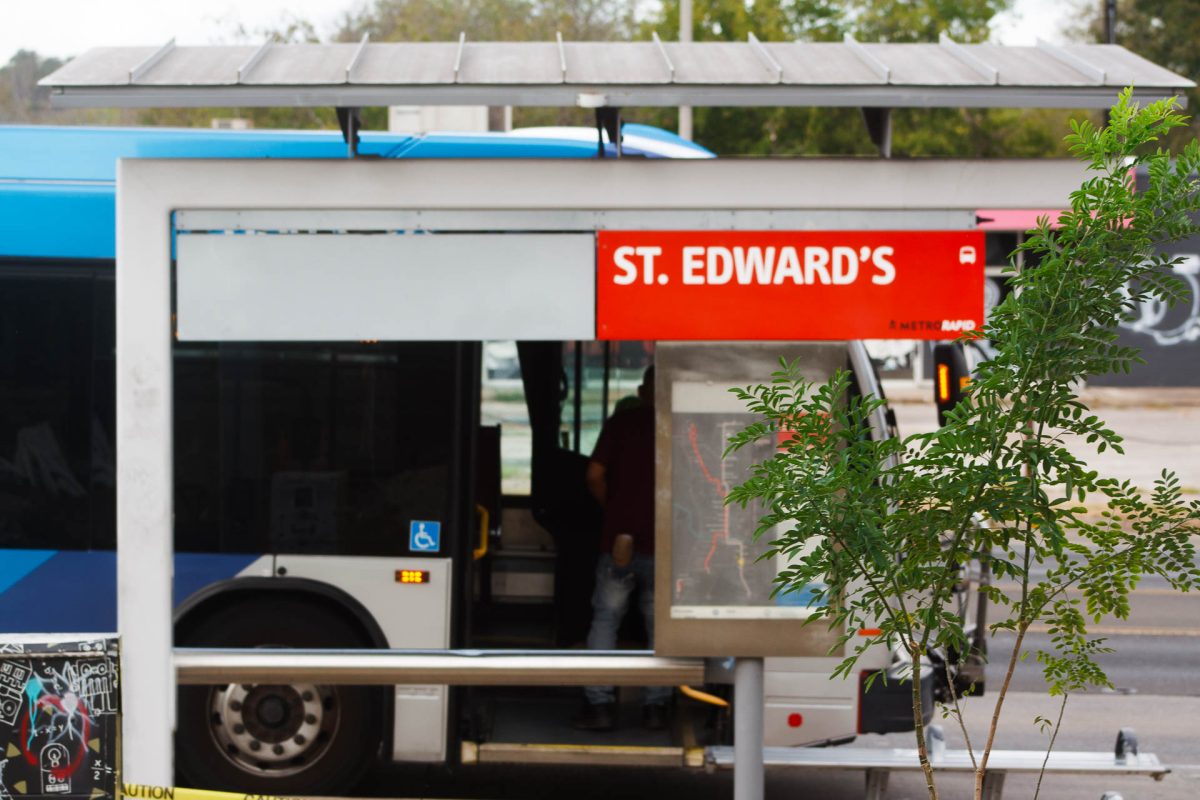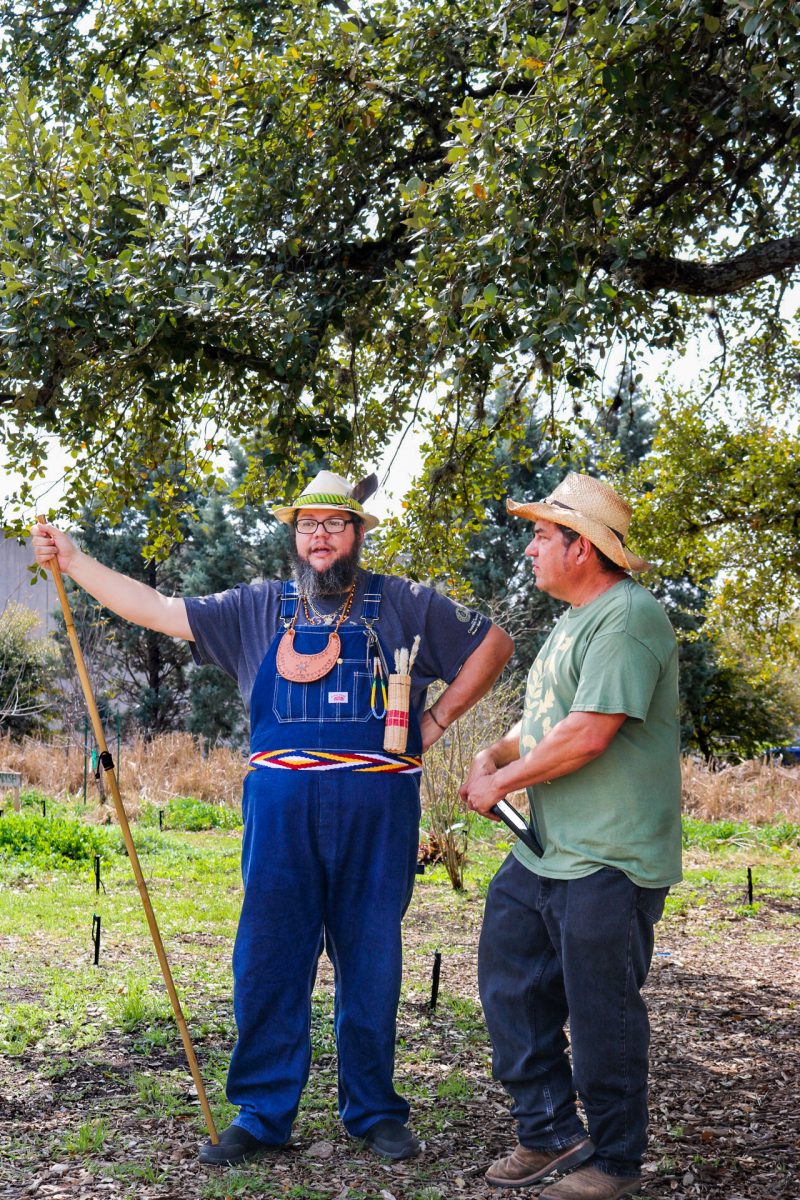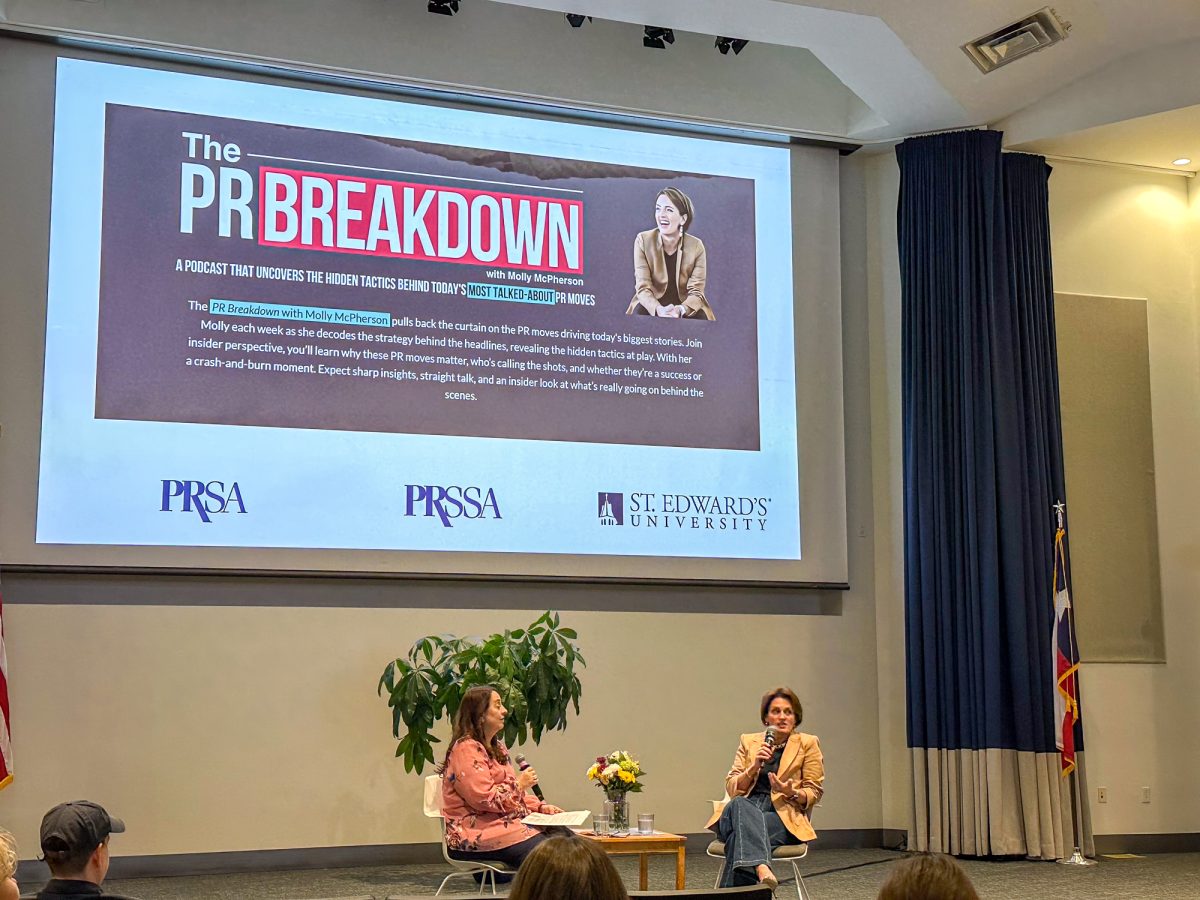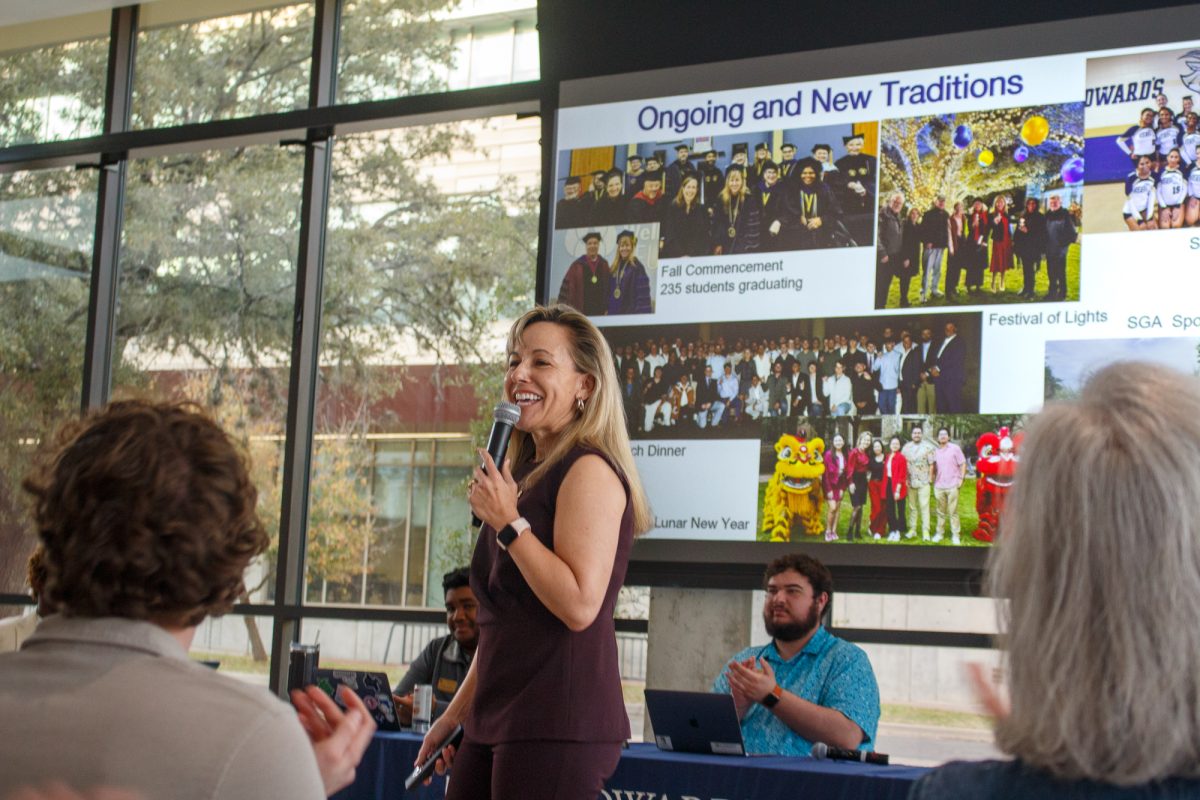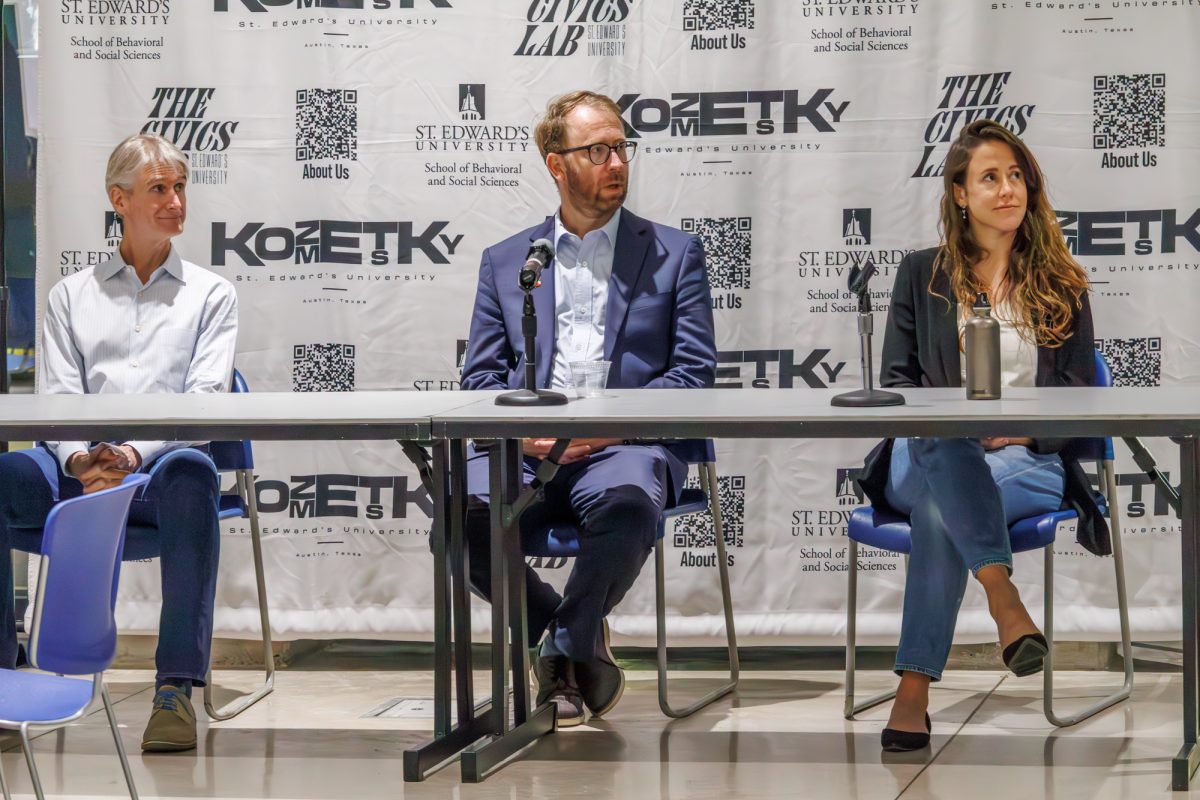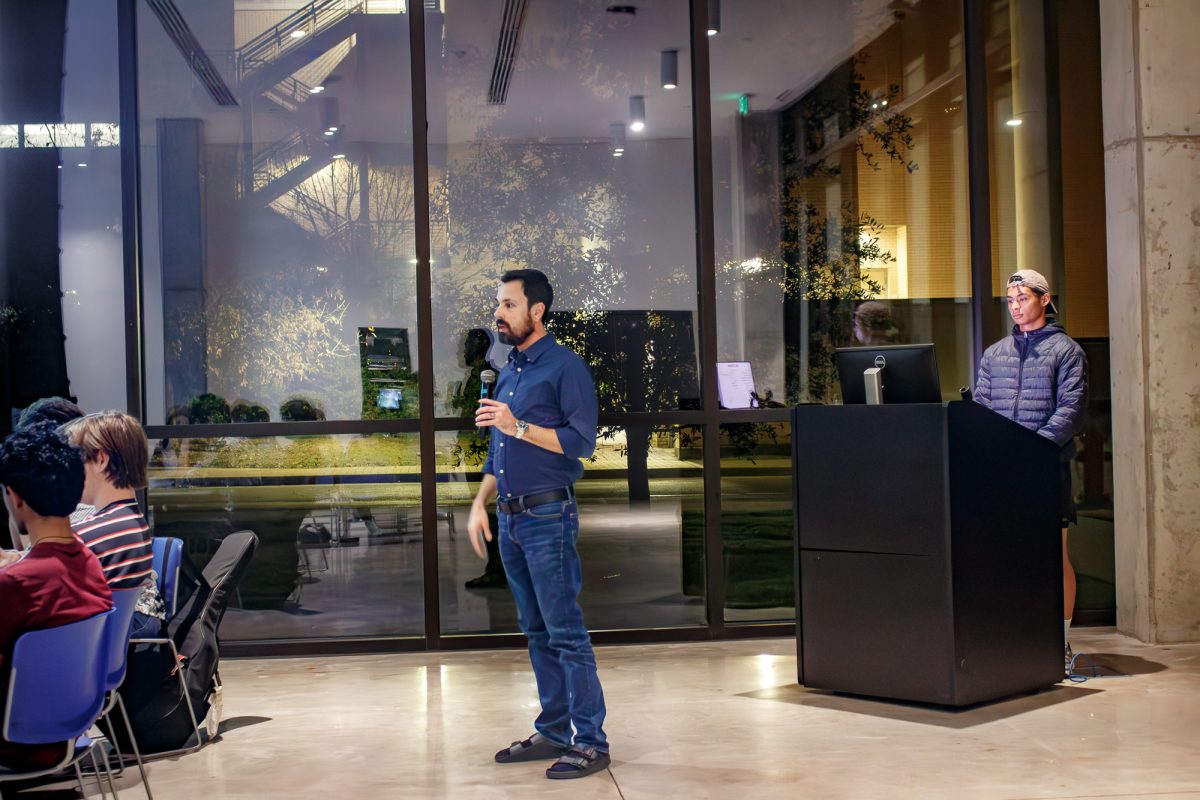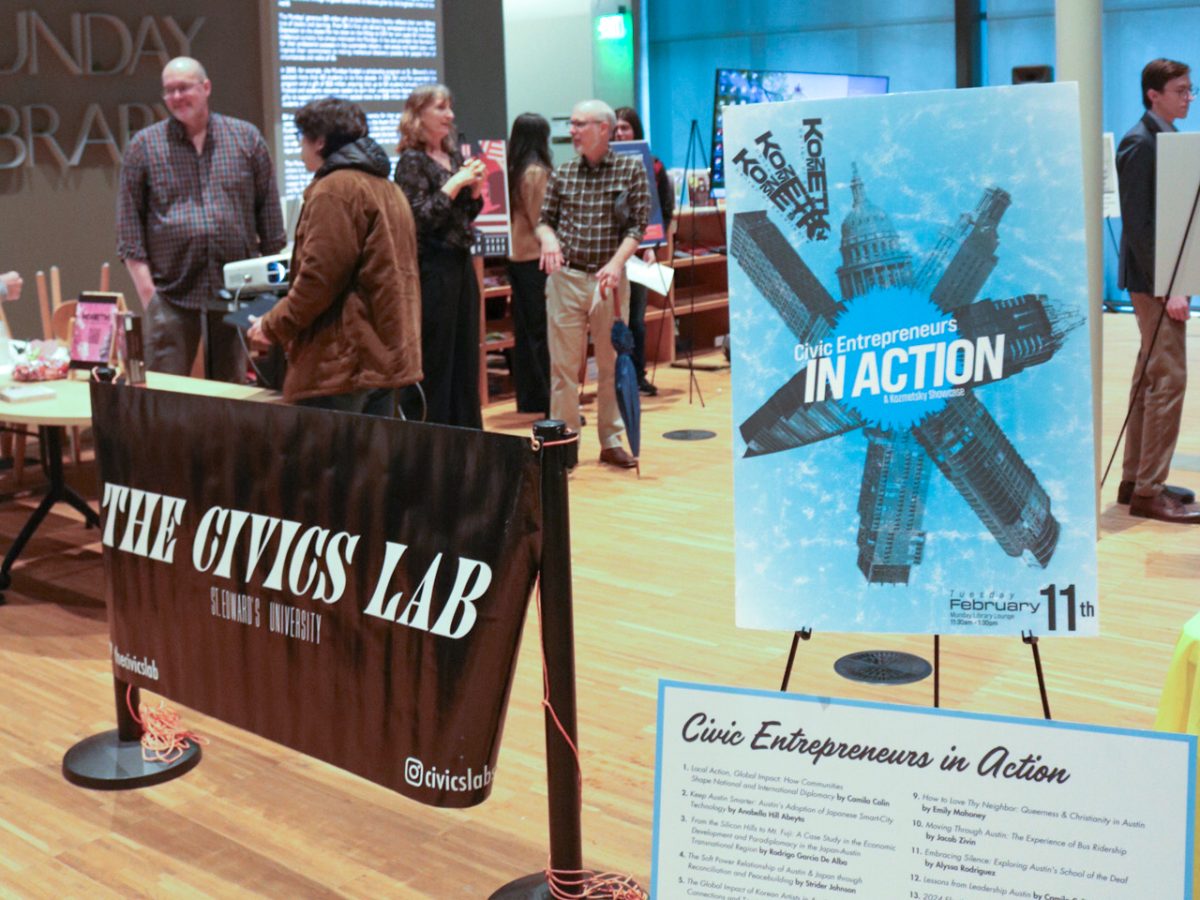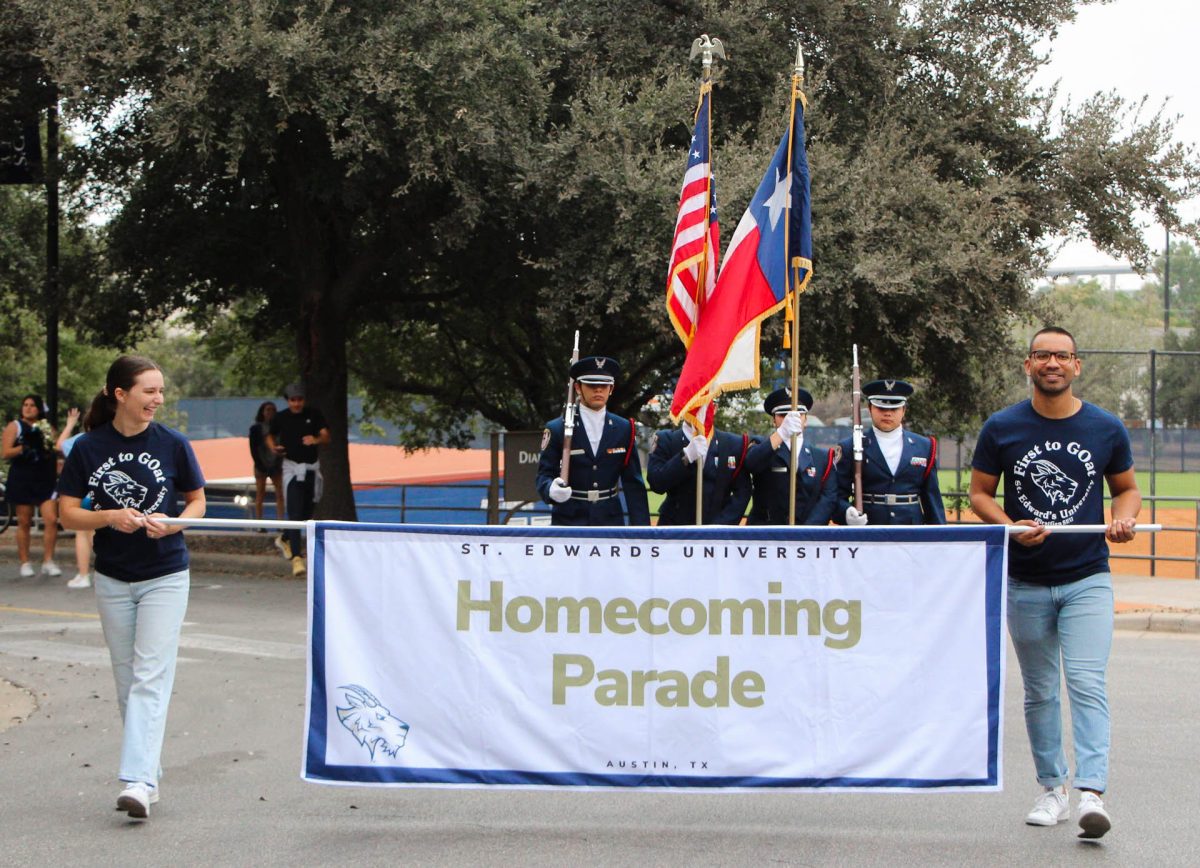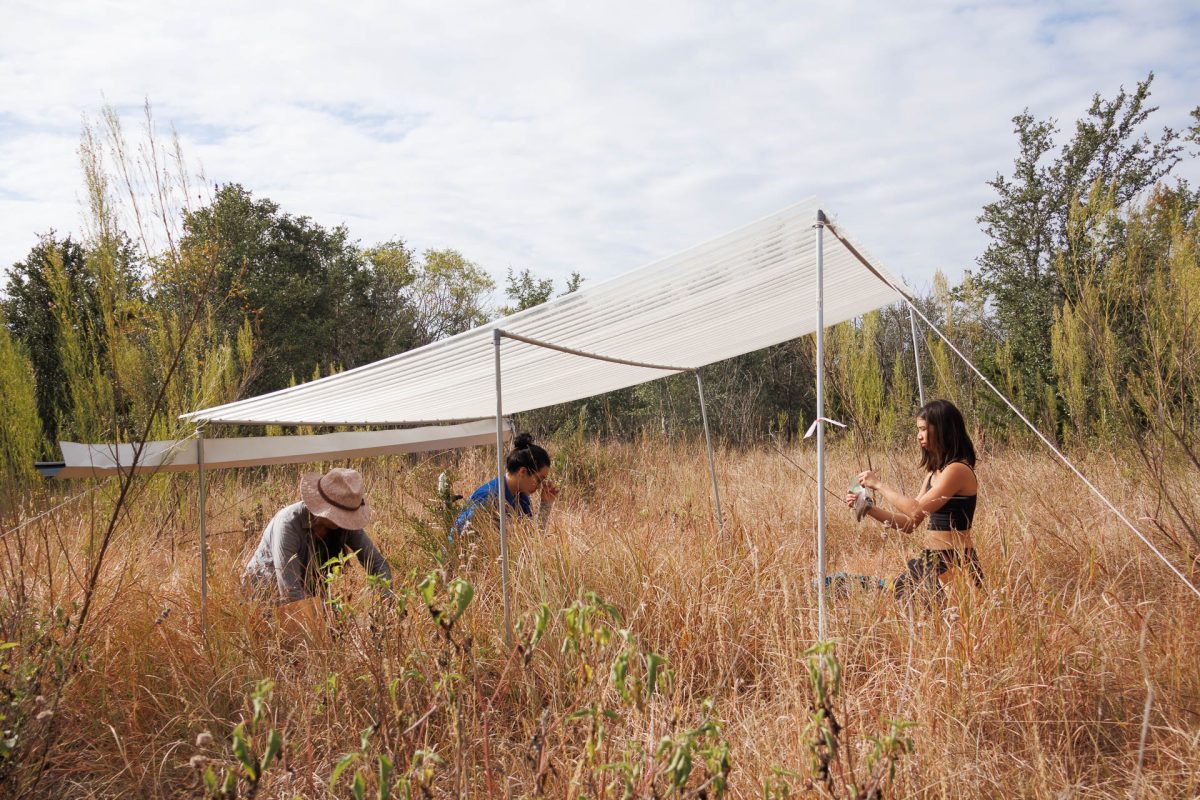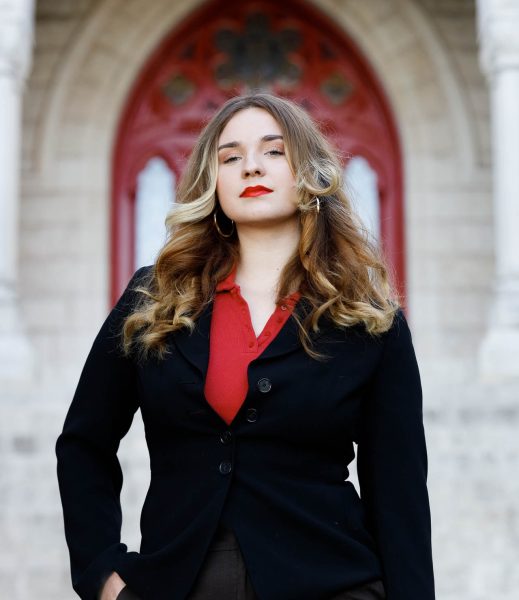Through the Office of Student Belonging and Inclusive Excellence (OSBIE), Erica Zamora, director of OSBIE, and Associate Professor of literature Alex Barron, Ph.D., both lead the Inclusive Symbols and Actions Task Force, made up of four students, four faculty members and four staff members. The Task Force meets once monthly with its 12 members. One of their main goals is to create gender-inclusive themed housing for queer students. The Task Force works closely with student organizations like the Asian Student Association, Black Student Alliance, Latinx Student Leaders Organization, Monarchs on the Hilltop, Pride, Transgender Wellness Organization, Disabled Students Organization and Feminist Leaders in Politics.
Currently, through the housing portal on MyHilltop, there is an option for students to request specific housing based on their gender identity or sexual orientation. Residence Life then goes through the requests on a case by case basis to assure students get the safety and comfortability that they require. The Inclusive Symbols and Actions Task Force proposed an idea of a supportive living community for queer students, that would have social programming, including mentorship opportunities. The Task Force is working on getting gender-inclusive housing with the goal of it being available by next semester or the fall 2025 semester.
“(This year) one of the things that we’ll do is work with the students, staff and faculty on our Task Force but also we’re going to work with the queer mentoring program to figure out, how do we create this experience for students coming to our campus where they can have different opportunities on how they can engage,” Zamora said. “So we are going to figure out how to add, within our larger menu of support programs and fun programs and social programs, how to add a living element to it.”
Junior Kris Feck, a member of the Task Force and director of the Queer Mentorship Program, also emphasized the mentorship opportunities that would be available, and that people with different experiences from varying backgrounds would be able to work closely with and learn from each other.
Zamora said the Task Force has been researching over the summer, looking at what other colleges do to help streamline their process and make it more accessible for students. This semester, the Task Force will take a look at how housing goes and adjust their plans accordingly.
“When you’re talking about someone’s living situation, we want to make sure that it’s being dealt with with as much detail as we can provide as possible for those possibilities,” Zamora said.
Marshall Piel, founding vice president of the Transgender Wellness Organization (TWO), has also been part of the Task Force since its inception, and brings up topics of conversation regarding queer student safety on campus with the implementation of new themed housing.
“I definitely get a say in stuff like privacy, or how we need to make sure that the location chosen for gender-inclusive housing is somewhere that (has) certain levels of protection as a precaution to protect our queer students,” Piel said. “…And even though I am optimistic about our ability on this campus to keep everyone private and safe, it’s still something that needs to be accounted for. So that’s usually what I speak up for.”
Piel highlighted how community is important, especially in the state of Texas that continually passes policies and legislation restricting queer people. The newest policy passed by the Texas Department of Public Safety, bans designated sex changes on driver’s licenses.
“What I would say to all of my fellow people feeling depressed in the current political climate is that no matter what happens out there, we’re going to keep fighting for ourselves, and even if it takes like 50 years, we’ve got this newfound visibility,” Piel said. “And through visibility, we can find community, and that community is the fastest way to create tangible change.”


